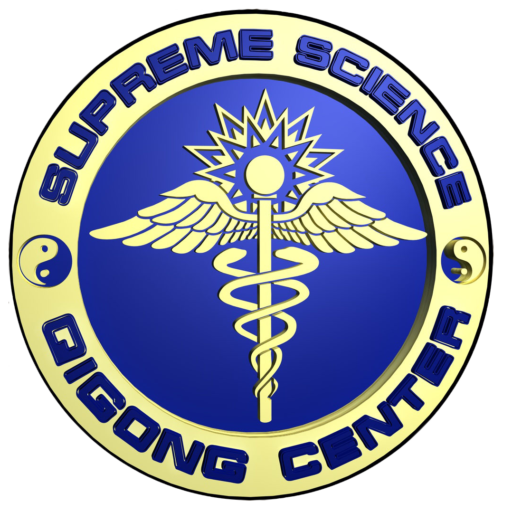The majority of infants start intentionally relocating their head in the very first months of life. Infantile convulsions. A baby can have as many as 100 convulsions a day. Childish convulsions are most typical following your infant wakes up and seldom happen while they’re sleeping. Epilepsy is a group of neurological disorders characterized by irregular electrical discharges in your brain.
A childish spasm may occur because of an abnormality in a little section of your kid’s mind or may result from a more generalised brain issue. If you think your infant might be having childish convulsions, speak with their doctor as soon as possible.
Researchers have provided over 200 various health problems as possible causes of childish spasms. Infantile spasms (additionally called epileptic spasms) are a type of seizure. Concerns with mind growth: A number of central nervous system (brain and spine) malformations that take place while your baby is developing in the womb can cause infantile spasms.
It’s important to speak to their doctor as soon as possible if you believe your infant is having convulsions. Each infant is impacted differently, so if you observe your infant having convulsions– even if it’s once or twice a day– it’s important to talk to their pediatrician immediately.
Infantile convulsions last around one to 2 seconds in a collection; whereas various other types of seizures can last from 30 seconds to 2 minutes. If your infant is experiencing convulsions, it is Bookmarks very important to see their doctor immediately. Brain injuries or infections: Nearly any sort of brain injury can create childish convulsions.
When children who’re older than one year have spells resembling infantile convulsions, they’re generally identified as epileptic convulsions. Infantile spasms are a type of epilepsy that influence infants normally under year old. After a convulsion or series of spasms, your infant may show up upset or cry– yet not constantly.
An infantile convulsion might occur as a result of a problem in a little part of your kid’s mind or may result from a much more generalised mind concern. If you assume your child might be having childish convulsions, talk with their pediatrician as soon as possible.

